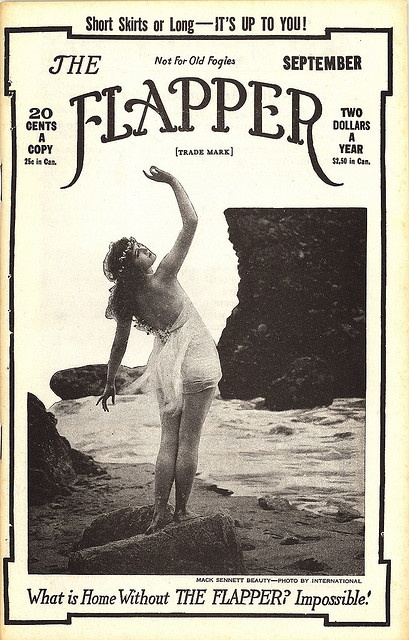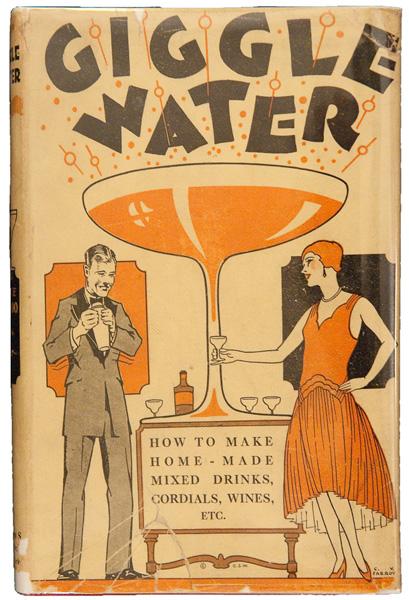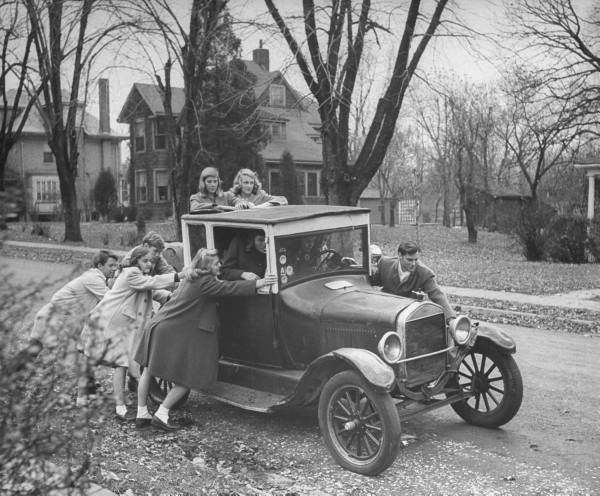Gold Diggers, Snuggle Pups and the Bee’s Knees
Scroll to read more




Gold Diggers, Snuggle Pups and the Bee’s Knees
Do you find yourself longing for the good ol’ days of Prohibition, the 1920s and early ’30s when the sale of alcohol in America was prohibited? Or maybe you just admire the smooth way people talked in that era? Here’s a guide to popular slang terms coined by Prohibition-era Americans, so all you “cake-eaters” and “dolls” can “beat your gums” like a pro instead of a “bird.”
People
As far as general terms for people, a cake-eater is a real ladies’ man. He gets all the attention from dolls, attractive women, and probably catches the eye of a few flappers. Flapper and “It” girls are quintessential terms from this period for free-spirited young women with sex appeal. They typically wear the fashionable attire of the time — short dresses, or knee dusters, and a cropped coif. Another name that matches the flapper or It girl is a bearcat, a girl known to be hot-blooded. As for men, gigolo, a man paid by women for sex, tom cat, a promiscuous man, and heartthrob (attractive male movie actor) also emerged from the era.
Alcohol related
When discussing alcohol, some Prohibition slang terms are going to sound pretty familiar since many still exist in the American lexicon, such as bent, canned, fried, plastered or blotto to describe an intoxicated person. Spifflicated, zozzled and boiled as an owl are terms that mean the same but are no longer common. Those people may find that the hair of the dog, a shot of alcohol, will help cure a hangover. People typically got hooch or giggle water – alcohol– from a barrel house or gin mill, which were distribution places, and maybe kept it in their hipflask (which is pretty self-explanatory). During early Prohibition you would have to find a person who knew one’s onions — knew what they were talking about — if you wanted a drink. Those people could show a person where to find a good blind pig (business charging a fee for “a show” and serving illegal alcohol on the side). If you were visiting one of those establishments, you definitely did not want to get caught by a Bull (policeman). Who knows, the Bull himself may be visiting a juice joint (an illegal bar) on his day off. Or he might just come in and crash your party uninvited because he’s a cellar smeller (seeker of free drinks). You may have to tell that goof to scram, beat it, get back in his jalopy and step on it.
The Mob came into use in 1927, meaning those hospitable folks in organized crime responsible for supplying the illegal bootleg hooch, including the bubbly (Champagne) or foot juice (cut-rate wine) everyone was downing until they had a dead soldier, or empty glass. And everyone likes the good stuff, the Real McCoy, not the rotgut. Others might be outside smoking weed, Mary Jane or Indian Hop, otherwise known as marijuana, or worse, they might be a junkie, or drug addict.
Other terms for bootlegged or homemade alcohol: coffin varnish, horse liniment, stuff and tarantula juice.
Speakeasy was a common term from this period to refer to an undercover bar.
Unsavory terms and pet names
Since Prohibition fueled the rise of the Mob, if a caper (robbery) did not go well, a goon (hoodlum) may have to worry about being bumped off by a torpedo (hit man). Young women coined the pet name daddy for their well-off lovers with lots of dough, but those men had to watch their wallets because the dame could be a gold digger. If a fire extinguisher (chaperone) said the bank’s closed, it meant he did not want to see any kissing or other public displays of affection from the snuggle pups (cuddly teens) he was watching. If they were stuck on (infatuated with) each other it was common for young people to spoon — neck or talk of love — in a struggle buggy, the back seat of a car.
Popularized again by the 2013 movie The Great Gatsby, old boy or old sport were terms men used to address one another.
General lingo
Beat your gums means to engage in idle chatter. Ab-so-lute-ly means for sure, baloney and all wet, not at all for sure.
If you were a dry (against alcohol) during Prohibition, you might be scolded not to be a wet blanket. Nobody likes a killjoy, flat tire, a drag or a pill, either.
“Ah horse feathers!” bushwa or applesauce may sound funny now but they were used as expletives during Prohibition.
Cat’s meow or cat’s pajamas, the bee’s knees, and the eel’s hips or snake’s hips — all these phrases are similar and mean something or someone is wonderful or cool.
“I’m just razzing ya” meant the person was just teasing.
“That one’s an odd bird” meant a man or woman who was a little strange.